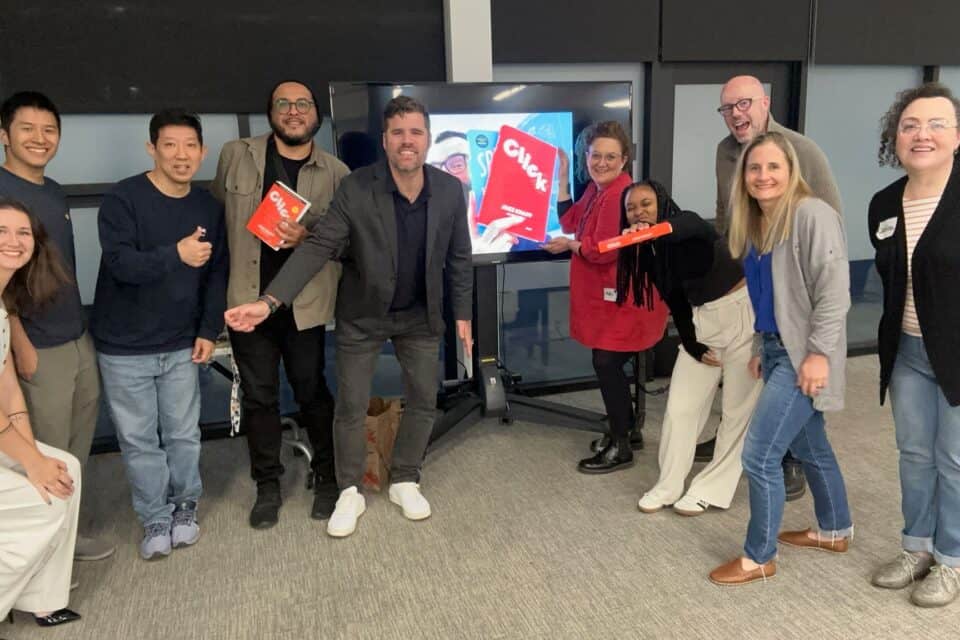
In this Facilitation Lab podcast episode, host Douglas Ferguson interviews Varsha Prasad of IdeaCompass about her journey as a facilitator and entrepreneur. Varsha shares insights from her first design thinking workshop, the impact of mentorship, and the importance of creating engaging environments. She discusses navigating cultural differences in facilitation, her transition to independent consulting, and the value of community support. The conversation highlights the power of innovation, structured reflection, and open-mindedness in workshops, offering practical advice for facilitators seeking to inspire creativity and collaboration across diverse teams.










